The relationship between an owner and his/her dog is determined by a number of factors.
Pack instinct
Through the domestication of dogs they still retain their primitive instincts. Every dog belongs to a species that led a communal life. In every dog pack there is a order of rank and each member of that pack knows and excepts his or her place. There is only one leader who watches over, guides, disciplines and commands followers. The leadership will only be challenged by other members of the pack when the leader has shown to be incapable of leading. The domesticated dog still retains pack instinct. The dog must take its place in a pack which has human members. An owner must become leader of the pack. The owner must not only be the leader but also a friend, Owners should adopt a easy going nature. Dogs will develop mentally if their owners understand and appreciate their dog's mental capabilities.
Moods
Although a dog recognise difference between moods in a leader. A dog does not understand the reason behind the mood. A dog will become extremely unhappy when its leader is in an unpredictable mood. During training exercises, the owner must control there moods of anger or frustration, which avoids confusion and insecurity.
Fear scent
When humans are subjected to panic or fear, adrenalin goes into the blood stream and produces a specific odour in the sweat. A dog's nose can detect this odour and the dog will immediately sense superiority. This can be a reason why a dog may become aggressive around a nervous human who is attempting to handle them.
Anthropomorphy
There is a difference between canine and human intelligence. The difference is dog think in terms of mind pictures. Each mind picture stimulates the next without any mental effort. People who do not except the differences between the human and canine mind, will never be as successful when training dogs as those people who understand the psychology of a dog. When a dog carries out a positive action on their own accord, it is not because their brain has solved the problem, but because of some previous action has provided the stimulus to the next. Dogs receive impressions through senses and respond with a action.
Territorial instinct
A dog in a wild state has a community or pack maintained control of a particular area or territory. This territory had clearly defined boundaries which members of neighbouring packs respected. Boundaries were defined by urinating on trees and grass. This indicated to other dogs where one territory ended and another began. In the domesticated dog, these instincts still remain.
Temperament
Temperament in the dog is modified to various degrees by such characteristics as aggressiveness, timidity, laziness and alertness. Although temperament is largely governed by inheritance, certain characteristics can arise from experience. Nervousness, for instance, may be the result of earlier bullying or wrongfully applied training. Most dogs, regardless of temperament, have a capacity for teamwork and acceptance of training. However, the owner must understand the temperament of his/her own particular dog and train it accordingly. Although training methods are laid down, they must be adapted to suit individual dogs.

 Build and craft the perfect chicken coops for your pet
Build and craft the perfect chicken coops for your pet
 Reverse Sneezing In Dogs - What Is It, And What Does It Mean?
Reverse Sneezing In Dogs - What Is It, And What Does It Mean?
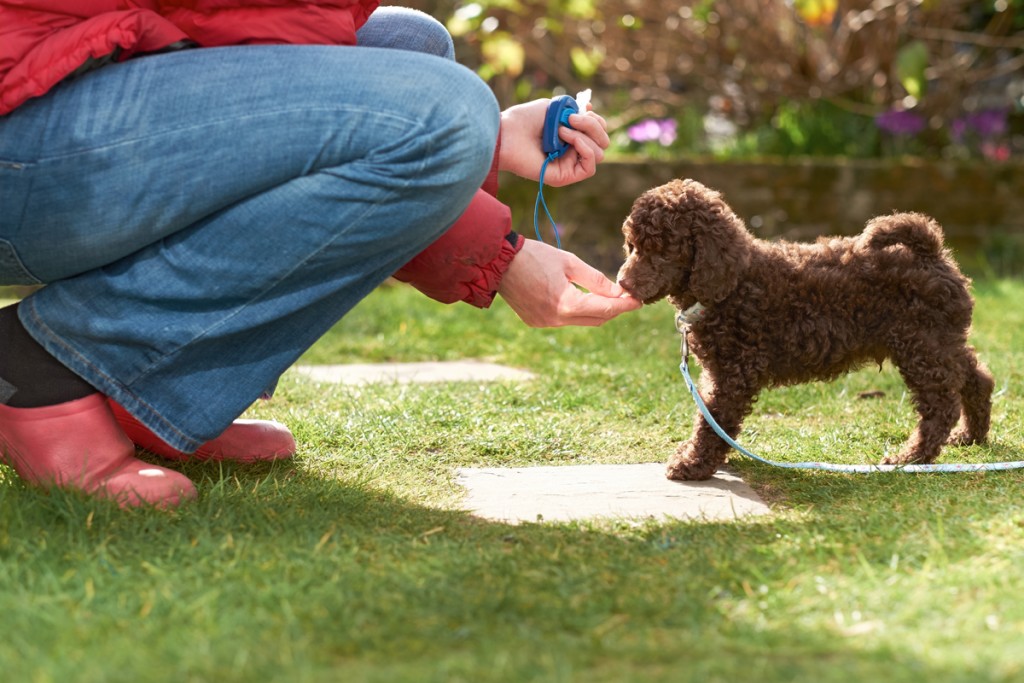 Bothersome Barking – How to stop excessive dog barking?
Bothersome Barking – How to stop excessive dog barking?
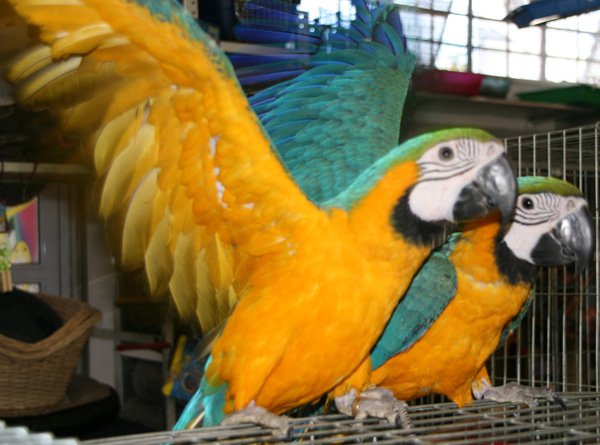 Now Get Dog Food, Toys and Pet Supplies in Flinders View and Ipswich with Greatest Ease
Now Get Dog Food, Toys and Pet Supplies in Flinders View and Ipswich with Greatest Ease
 Indications That Your Cat’s Teeth Are Bothering Them
Indications That Your Cat’s Teeth Are Bothering Them
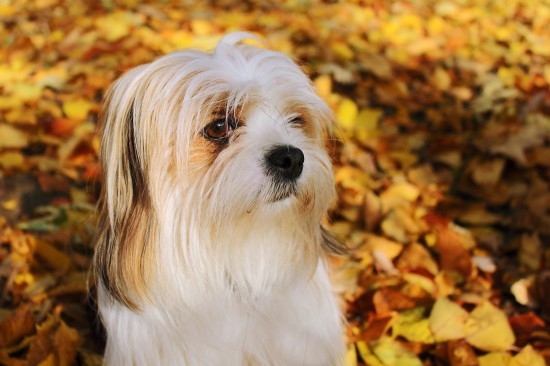 Acute Moist Dermatitis In Dogs
Acute Moist Dermatitis In Dogs
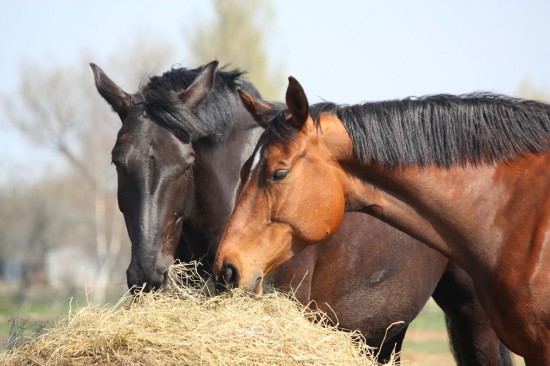 Herbs And Horses - The Benefits
Herbs And Horses
Herbs And Horses - The Benefits
Herbs And Horses
 Digestive Disorders In Reptiles
Digestive Disorde
Digestive Disorders In Reptiles
Digestive Disorde
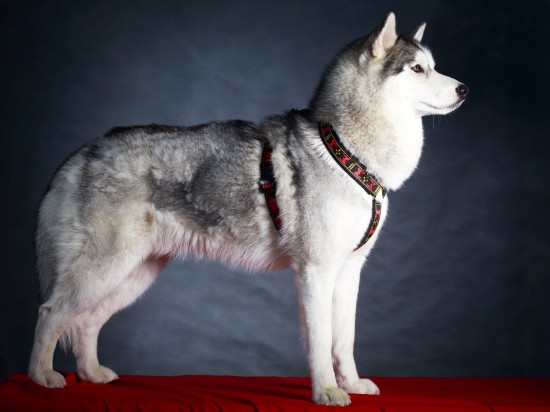 Siberian Husky Colours, And Commonly Confused Breeds
Siberian Husky Co
Siberian Husky Colours, And Commonly Confused Breeds
Siberian Husky Co
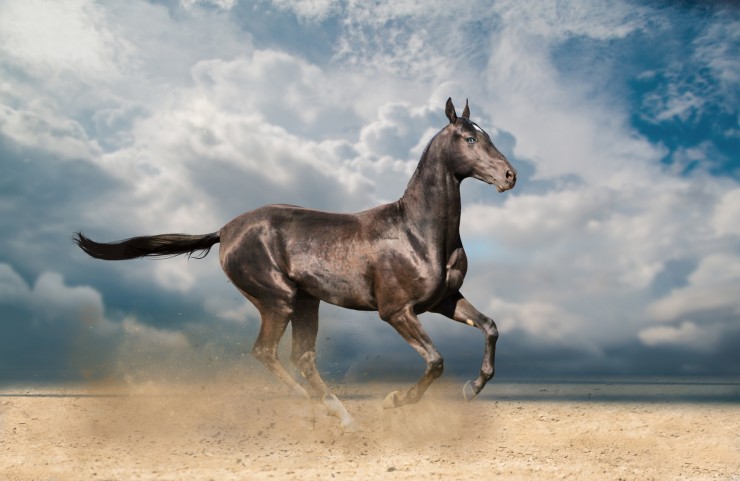 Making Sure Horses Hooves Are In Good Condition This Season
Making Sure Horse
Making Sure Horses Hooves Are In Good Condition This Season
Making Sure Horse
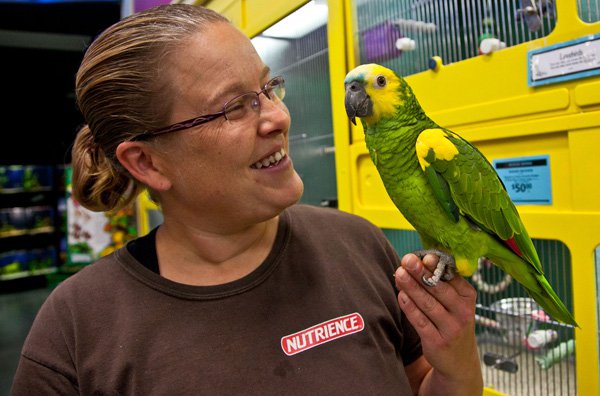 Choose Best Automatic Pet Feeders Interms Of Design, Setup, Cleaning
Choose Best Automatic Pet Feeders Interms Of Design, Setup
Choose Best Automatic Pet Feeders Interms Of Design, Setup, Cleaning
Choose Best Automatic Pet Feeders Interms Of Design, Setup